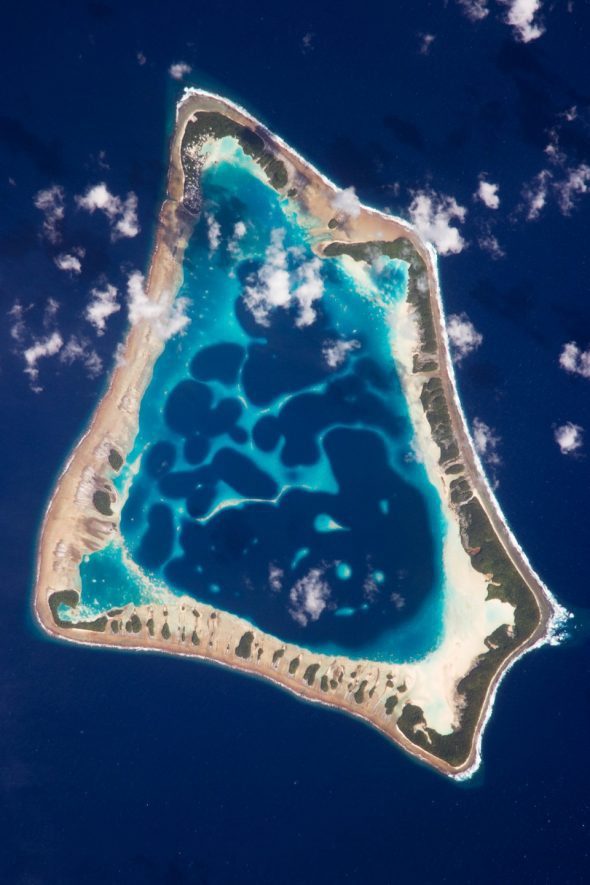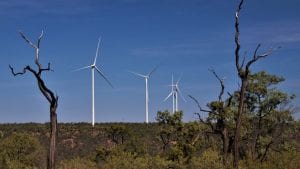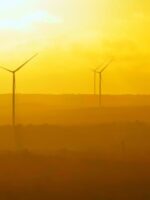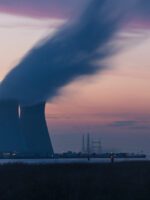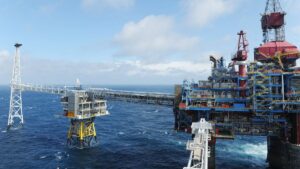The South Pacific archipelago of Tokelau is on it’s way to becoming the world’s first fully solar-powered nation, with 4,032 PV modules, 392 inverters and 1,344 batteries set to provide the entire electricity supply for its three tropical atolls, replacing diesel generators.
A dependent territory of New Zealand, Tokelau’s solar transformation is being overseen by Kiwi company Powersmart Solar, as lead contractor on the project, with the first system on the atoll Fakaofo due to be switched on in two weeks, according to PV Magazine.
Powersmart says the project’s original tender specification called for the solar systems to supply 90 per cent of Tokelau’s electricity demand, but that “through creative design” and project management – the PV modules will have to be able to withstand cyclone force winds up to 230 km/h – the solar systems installed will be capable of providing 150 per cent of current power demand, allowing Tokelauans to expand their electricity use without increasing diesel use.
The company claims the Tokelau project is the largest off-grid solar power project in the world, and the largest solar system in the South Pacific. Coconut-oil fired generators will provide backup capacity for cloudy days.
Previously, Tokelau – with its population of 1,400 across a combined land area of 10 square kilometers – relied entirely on diesel to provide electricity between 15 and 18 hours a day. Around 200 liters of fuel were burned daily, meaning around 2,000 barrels had to be shipped from NZ at a cost of $NZ1 million a year.
“Energy costs underpin the economic and social development of these nations and making a positive impact on these issues is the single most important reason we started this business,” said Powersmart director Mike Bassett-Smith.
Bassett-Smith says he expects the solar system – which has cost the New Zealand government $NZ7.5 million, all up – to repay itself in five years, and have a 20 year life before it needs any sort of significant maintenance.
“It’s going to be an amazing change from using fossil fuel,” Foua Toloa, the Tokelau energy minister told New Zealand television’s 3 News. “It avoids expenses, but also bringing them there, it’s dangerous and any spill will affect the environment.”
Work to install solar panels on the two remaining atolls, Atafu and Nukunon, will commence after testing is complete on Fakaofo. All work is expected to be completed by September.

